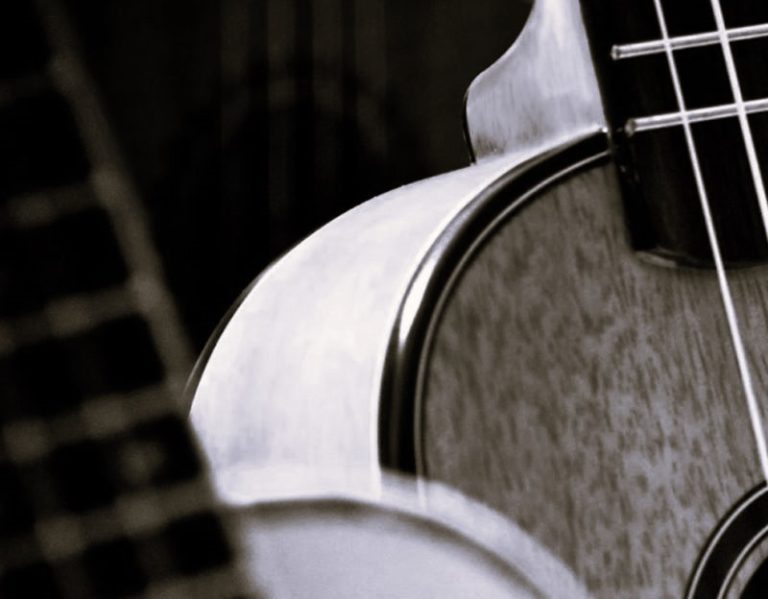

What is the link between New York mobile sports betting and taking communion in a Catholic church?
At first glance gambling and religion are polar opposites. A deeper look into their complex interaction however reveals some thought-provoking parallels.
In fact, the relationship between religion and games of chance can be traced back to antiquity. Many ancient civilizations had spiritual rituals that involved gambling.
For example, the practice of casting lots, essentially rolling dice or drawing straws, was common in many ancient societies.
This was often used to make decisions or determine the will of the gods. In the Hebrew Bible, casting lots was used to select leaders and allocate land.
Various forms of divination, such as throwing bones or reading the patterns in smoke, were used to seek divine guidance.
Although cloaked in religious ceremony, these practices often involved randomness that is akin to modern gambling.
The relationship worked both ways. Religion also played a big role in shaping games of chance.
Dice games became very popular in ancient Greece. Greeks believed in the role of fate – the way dice fell was seen as a way to understand and accept one’s destiny.
Similarly, playing cards originated in China during the Tang Dynasty. The symbols that turned up on these cards often were given religious significance.
As societies evolved, so did the relationship between religion and gambling. As regions became more organised, attitudes towards gambling became more conflicted.
In medieval Europe, the Catholic Church condemned games of chance as sinful – while also allowing them as a form of entertainment during festivals.
It’s a little clearer in Islamic societies: gambling is strictly prohibited under Sharia Islamic law. The Quran explicitly condemns gambling as a vice that leads to social and moral decay.
The changes through history
The 16th century Reformation had a significant impact on the perception of gambling in Western societies.
Protestant reformers like John Calvin and Martin Luther condemned gambling, seeing it as a manifestation of greed and a diversion from a pious life.
Early American colonies were heavily influenced by Puritan beliefs like these. They banned gambling but it continued underground.
Today, religion and gambling still interact in varying ways across different faiths and regions.
The Catholic stance on gambling has softened so much that many church organizations use bingo and lotteries to raise funds.
In Hinduism meanwhile, gambling is often associated with the god Shiva, who is believed to have invented dice games. Hindu attitudes towards gambling vary greatly among individuals and sects.
Buddhism generally discourages gambling though, as it’s an attachment to material desires and a hindrance to spiritual progress.
And in many Islamic nations, gambling remains strictly prohibited with severe penalties. Some however permit it, like Dubai and Abu Dhabi.
What does it mean for the gaming fan?
These changing dynamics between global online gaming and religion are related to a decline in traditional religious values, especially among younger generations. As people are now able to spend more time enjoying online gambling, they may simply prioritize doing it over their religious practices.
Online gambling can be seen as an alternative to religious rituals. Individuals who might have otherwise attended religious services may now spend time gambling online.
The anonymity and privacy of online gambling can allow individuals to engage in activities they might have otherwise avoided due to religious moral restrictions. The detachment from physical gambling venues makes it easier for people to justify their behavior, even if it conflicts with their religious beliefs.
This blurring of religious moral restrictions is not limited to gambling though, it can include viewing explicit content or any activities considered sinful in religious contexts.
The liberalization of attitudes toward both gambling and religion has also colored the picture in recent generations.
Some religious groups have become more lenient about gambling.
They find ways to reconcile it with their faith. Online gambling platforms are often seen as a form of entertainment rather than a vice, especially when it comes to sports. A hotly contested game between the Miami Dolphins and Denver Broncos becomes all the more exciting to watch with the addition of a fanduel NY Promo found in sportsbooks as they provide more incentives for potential online gamblers.
The same human superstitions that once fuelled religious fear and obedience also play a part in the spirit of gambling for many enthusiasts. From wearing the ‘winning shirt’ to whispering the lucky phrase, most players have a few irrational beliefs about their chances.
Some may blur the boundaries further – by thinking that ‘God is with me’ during a winning run.
Economic factors, such as the potential for financial gain through online casinos, can clearly influence players to prioritize gambling over religious values. The lure of winning money can be compelling – especially for those facing financial hardships.
Today, the relationship between online gaming and religion is complex. It can be superficially attributed to the decline in religious values and the blurring of religious moral restrictions. But there’s clearly a longer lasting and more nuanced connection at work. One thing is certain, both religion and gambling will continue long into the future. How they co-exist together is much more difficult to predict however.






